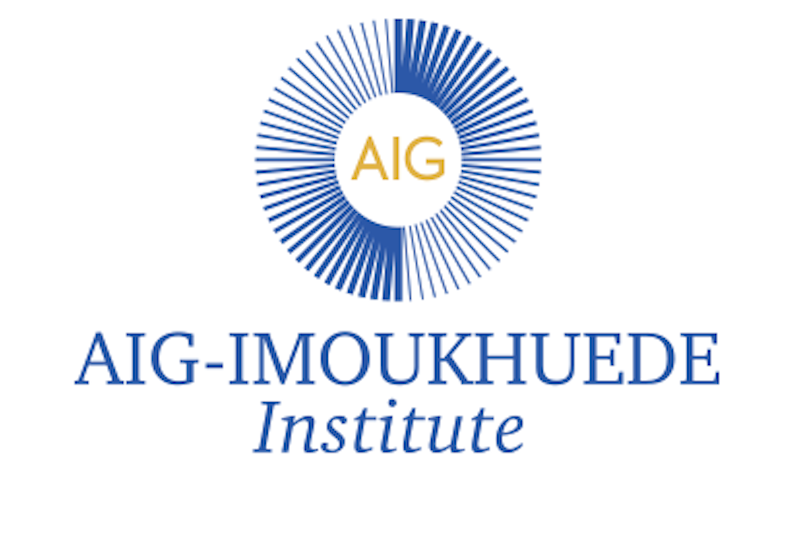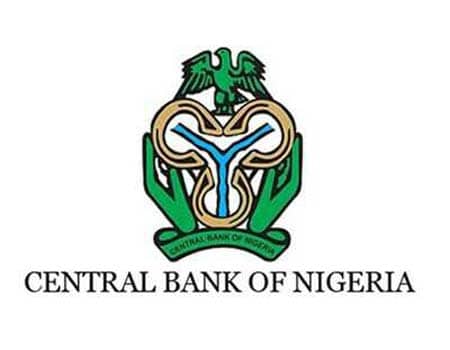
Afghanistan, America’s Role And What Nigeria Must Learn
By Ishowo Oluwatosin Around the globe, the news that Kabul fell to the hands of the Taliban shook the world, people of interest and non-interest diverted attention towards one of the biggest















